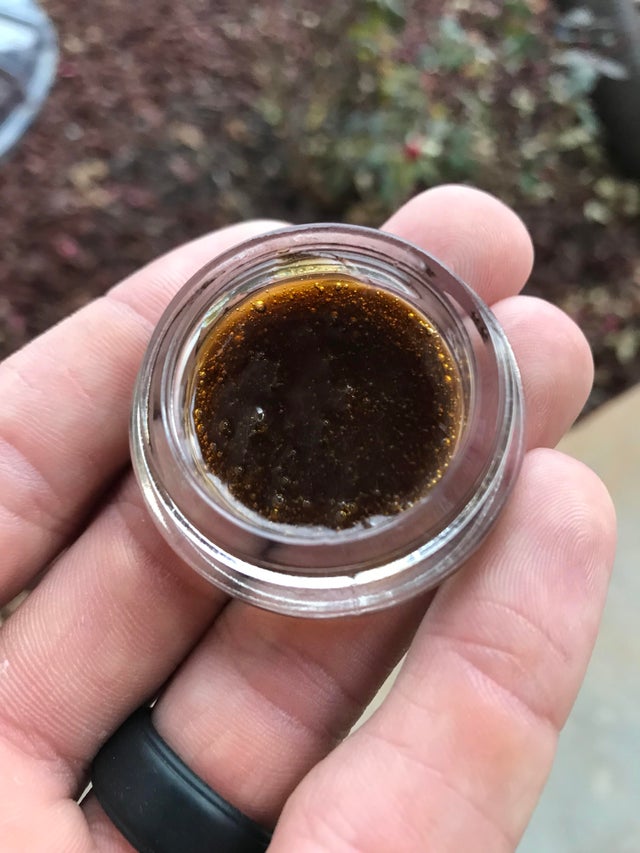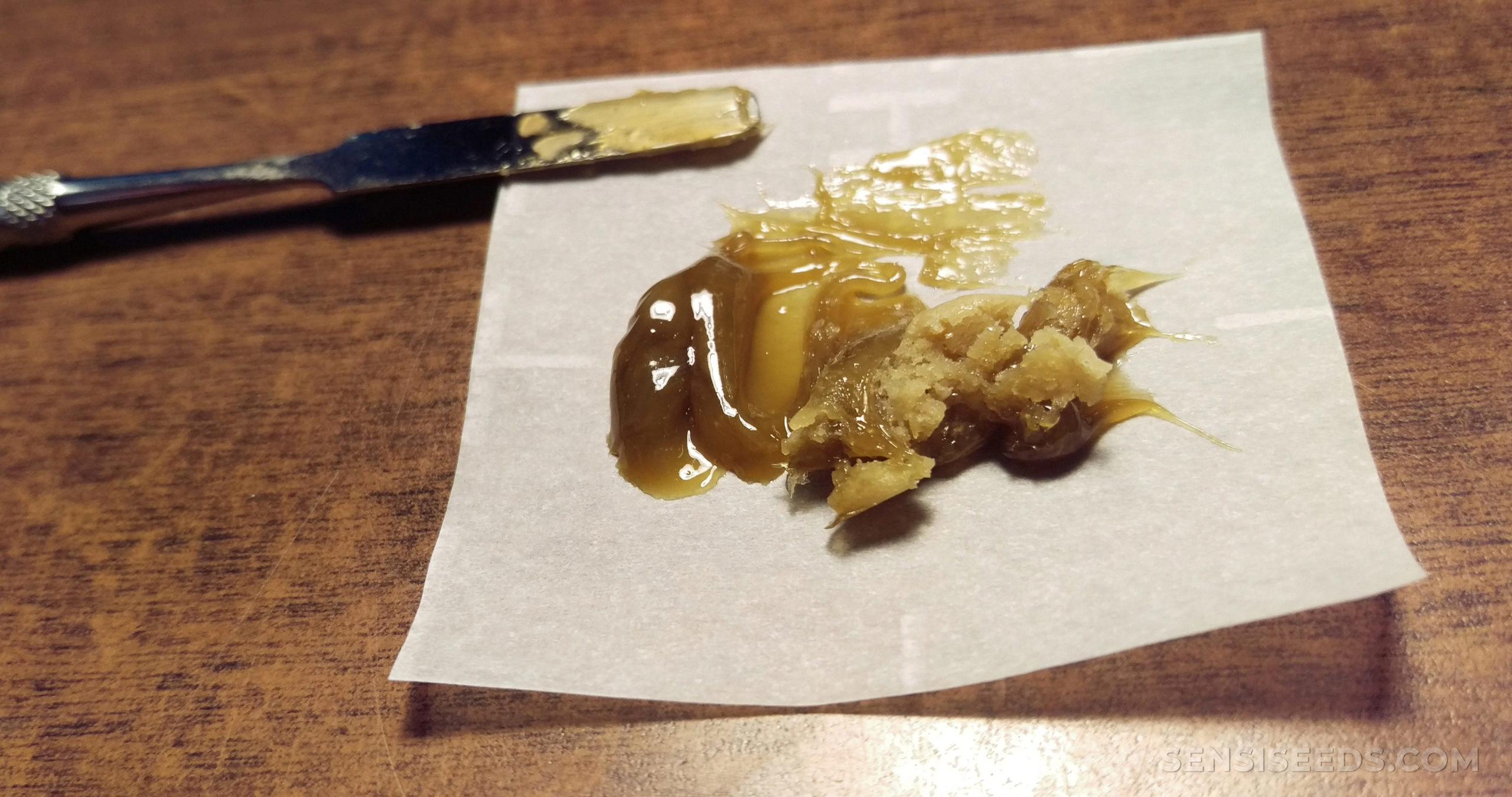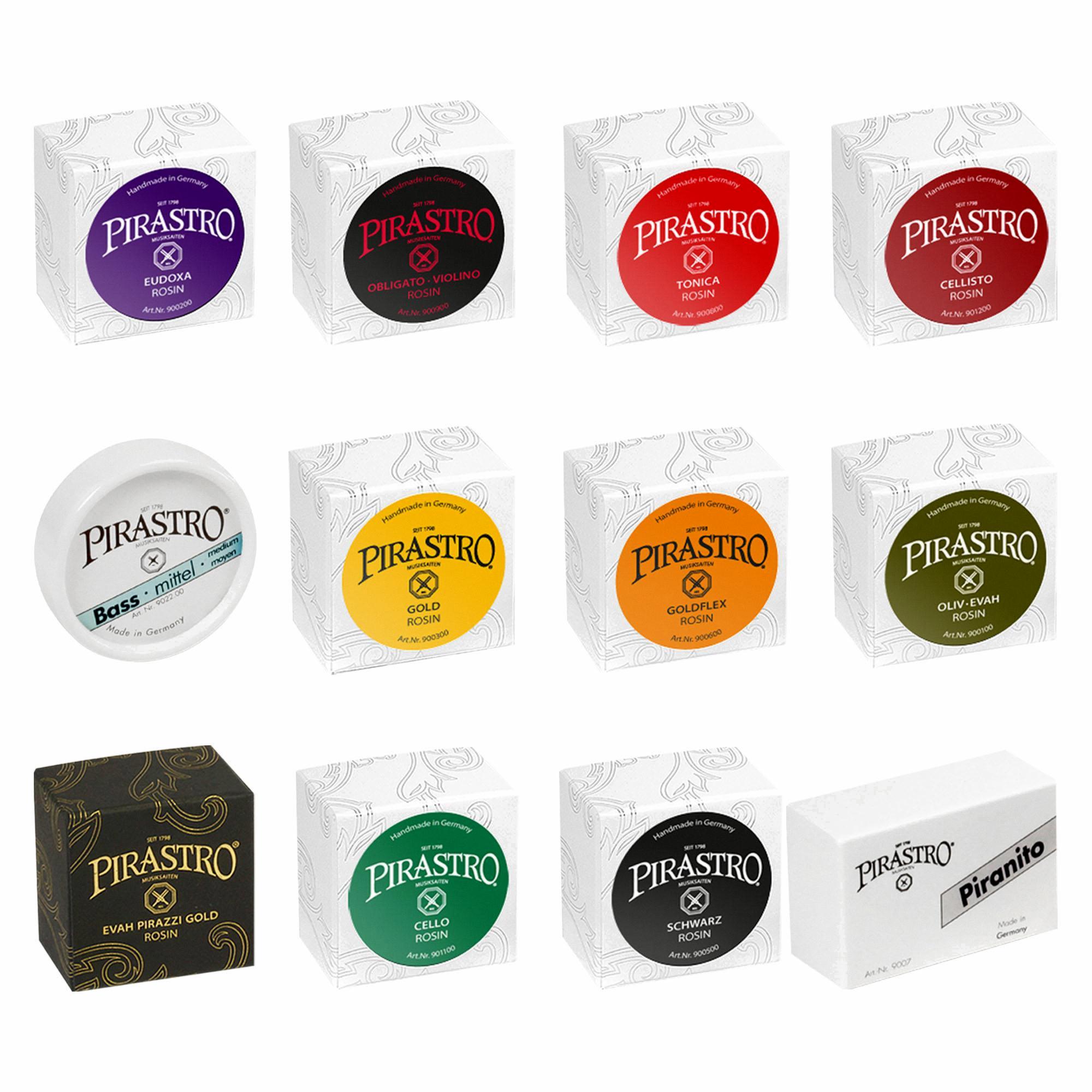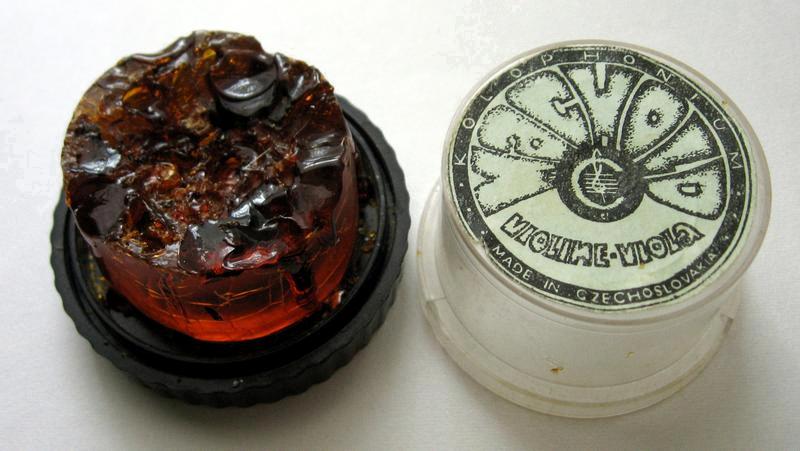Decarbing your rosin is an important step in the process of producing cannabis-infused edibles. Decarboxylation, or “decarbing” for short, is the process of activating the THC and other cannabinoids that are present in cannabis and rosin. Without decarbing, consuming cannabis edibles will not produce the desired effects.
Decarbing your rosin can be done in several ways, including using a hot oil bath, an oven, or a microwave. In this blog post, we’ll focus on how to decarb using a hot oil bath.
To begin the process, you need to heat some oil in a pot over medium heat. Coconut oil is a good choice for this as it has a high smoke point and contains healthy fats that can help protect the cannabinoids from oxidation. Once the oil is hot (around 200°F), carefully place your rosin inside a heat-proof glass container and then carefully place this into the hot oil. Your rosin should soon begin to bubble, and after 30 to 90 minutes will stop, signaling the completion of the decarbing process.
It’s important to note that if you heat your rosin too long or at too high of temperature, you may end up burning off some of its beneficial compounds such as terpenes or flavonoids. So it’s best to keep an eye on it and remove it from heat when done.
Once you have decarbed your rosin chips, you can use them to infuse butter or oil for making edibles or topicals. To do this, simply mix your decarbed rosin with melted butter or coconut oil in a blender until it forms an even consistency. Then strain out any solid particles before transferring the mixture into jars or containers ready for use in recipes!
Decarbing your rosin is an essential step of making cannabis-infused edibles – but don’t worry! It’s really qute simple once you get used to it and provides many benefits that make it all worth it! Not only does decarboxylation activate all beneficial compounds found within cannabis but it also increases potency and shelf life significantly – allowing you to enjoy your homemade treats for longer periods of time!
How Long Does Decarboxylation of Rosin Take?
Decarbing rosin typically takes between 30 to 90 minutes. The process begins by placing your rosin inside a heat proof glass container and then carefully submerging it into hot oil. Your rosin should begin to bubble, and after this bubbling has stopped, the decarbing process is complete.

Decarboxylating Rosin for Cooking
To decarboxylate your rosin for cooking, you will need to heat it to activate the THC and other cannabinoids. Preheat your oven to 220°F, then place your rosin in a heat-safe glass container (like a safe bowl or mason jar). Cover or seal the container if possible, then place it onto a baking sheet and into the pre-heated oven. Bake for 25-30 minutes, stirring every 10-15 minutes. This process will activate the THC and other cannabinoids, making them available for use in edibles or topical applications. Once finished, allow the rosin to cool before using it for consumption.
Using Rosin to Make Edibles
Yes, you can use rosin to make edibles! You can infuse your rosin into an oil to create a delicious and potent canna-oil. To get started, you can use MyPress Gen 2 Rosin Press to press your rosin chips into a concentrate that is partially activated from the heat. Once you have the concentrate, you can then infuse it into an oil of your choice (like coconut or olive oil). This infused oil can be used in a variety of recipes for delicious and potent edibles. Enjoy!
Decarboxylating Rosin Chips
Decarbing rosin chips is an easy and efficient process that will help you to achieve the desired potency of your final product. To decarb rosin chips, begin by breaking the chips up into smaller pieces using your fingers and spreading them out on a baking sheet. Place the baking sheet in an oven preheated to 240-250℉ and set a timer for 20-25 minutes. Once the time has elapsed, remove the baking sheet from the oven and your rosin chips are now decarbed and ready to be infused into butter/oil!
The Quickest Way to Cure Rosin
The fastest way to cure rosin is by using a heat curing method. This involves heating the jarred extract to temperatures of between 160°F and 180°F for a few minutes, then allowing it to cool. This method helps speed up the curing process and preserves more terpenes than cold curing. It is important to note that, while this method is faster, it can also cause some of the terpenes to degrade, so it should be used carefully.

Source: sensiseeds.com
The Smell of Decarbed Rosin
Decarbing rosin does not usually produce a strong smell. It is often described as having an earthy, slightly sweet smell that is far less pungent than that of flower or other cannabis products. In addition, the smell quickly dissipates and will not linger in a room like many other decarbing methods.
Decarboxylation Temperature for Concentrates
Decarbing concentrates requires a slightly different approach than decarbing flower. Concentrates, such as waxes and oils, already contain high levels of THC and other cannabinoids. Therefore, they require a lower temperature for decarbing—typically around 250°F for about 10 minutes. At this temperature, the THC is released without damaging the other beneficial compounds in the concentrate. For this reason, it’s important to use a thermometer to monitor the temperature so that it doesn’t exceed 250°F. The exact timing of decarbing will vary depending on the potency of your concentrate, so you may need to experiment to find the rigt settings for your specific product.
What is the Optimal Temperature for Rosin Extraction?
The best temperature for rosin extraction depends on the quality of the material being pressed. For flower, a temperature range of 180-220 degrees is recommended for 60-180 seconds. For higher quality sift, a temperature range of 150-190 degrees is best, with pressing time limited to between 90-300 seconds. In general, lower temperatures will yield a more flavorful product, while higher temperatures will produce a more potent result.
The Ideal Temperature for Burning Rosin
When enjoying Live Rosin, we recommend burning it in a temperature window of 375-500°F to get the best flavor and aroma experience. Lower temperatures below 375°F can produce a smoother, less flavorful hit and also make it more difficult to vaporize all of the material. Higher temperatures above 500°F can result in too much vaporization and loss of terpenes which are essential for the full flavor experience. To ensure you get the full spectrum of delicious terpenes from our carefully cultivated cannabis sourced from Hava Gardens, we suggest sticking within this optimal temperature range for best results.

Source: swstrings.com
Is Eating Rosin Safe?
No, rosin is not toxic to eat. Acute oral toxicity tests have determined that the LD50 of rosin is greater than 2,000 mg/kg, and repeat dose toxicity data show no observed effect levels at doses of 105-200 mg/kg/day. This suggests that consuming rosin orally is not toxic and should be safe.
The Effects of Aging on Rosin
No, rosin does not improve with age. As it ages, the terpene content of the rosin will gradually decrease due to oxidation or a lack of moisture. This degradation of the rosin leads to a decrease in potency and overall quality, so aging does not make rosin better.
Do Rosin Edibles Produce a Psychoactive High?
Yes, rosin edibles can get you high. Rosin is a form of cannabis concentrate made from heat and pressure applied to the plant material, instad of using solvents for extraction like with distillate edibles. As a result, rosin edibles retain more of the natural terpenes and cannabinoids found in the original plant material, making them more potent than distillate edibles. This means that rosin edibles can provide a powerful high with a wide range of effects from euphoria to pain relief. While they may be slightly more expensive than distillates, the higher price is well worth it for those looking for a natural and effective high.
Turning Rosin into Crumble
To turn rosin into crumble, start by melting the rosin in a double boiler or in a bowl set over a pot of simmering water. Once melted, pour the rosin onto a non-stick surface such as a silicone mat or parchment paper. Spread it out evenly with an oiled spatula and let it cool untl it’s just slightly warm to the touch. This will make it easier to work with. Next, grab two forks and begin whipping the rosin back and forth while folding it over itself. This will help break the rosin up into small pieces and create an airy consistency. Finally, use your hands to break up any remaining large chunks of rosin until you have your desired texture. Store your crumble in an airtight container at room temperature to ensure maximum freshness.

Source: wqxr.org
Decarboxylating Rosin with Coconut Oil
Yes, you can decarb rosin in coconut oil. The process is very similar to making weed butter, only you will be using coconut oil instead of butter. To start, melt the coconut oil in a saucepan on low heat and then add the rosin. Keep stirring until the rosin is completely dissolved into the coconut oil and miniscule bubbles start to appear throughout. Once that happens, remove from heat and let cool before using.
Decarboxylating Concentrates in the Oven
To decarb concentrates in the oven, you should first preheat your oven to 200°F (93°C). Then, line a baking sheet with parchment paper and place your concentrate such as wax, shatter, crumble or budder on the center of the parchment paper. Place the baking sheet in the oven and bake for 20-25 minutes. Once finished, carefully remove from the oven and allow it to cool slightly before using.
Conclusion
In conclusion, decarbing rosin is an effective and efficient way to maximize the potency of your rosin. By using a combination of heat and time, you can decarboxylate your rosin chips to activate the THC and other cannabinoids. Heat can be applied using an oven or hot oil bath, with each method having its own pros and cons. Decarbed rosin can then be used for creating edibles or other cannabis-infused products. With the right technique and equipment, you can easily decarb your rosin chips and enjoy the full medicinal benefits of cannabis!
